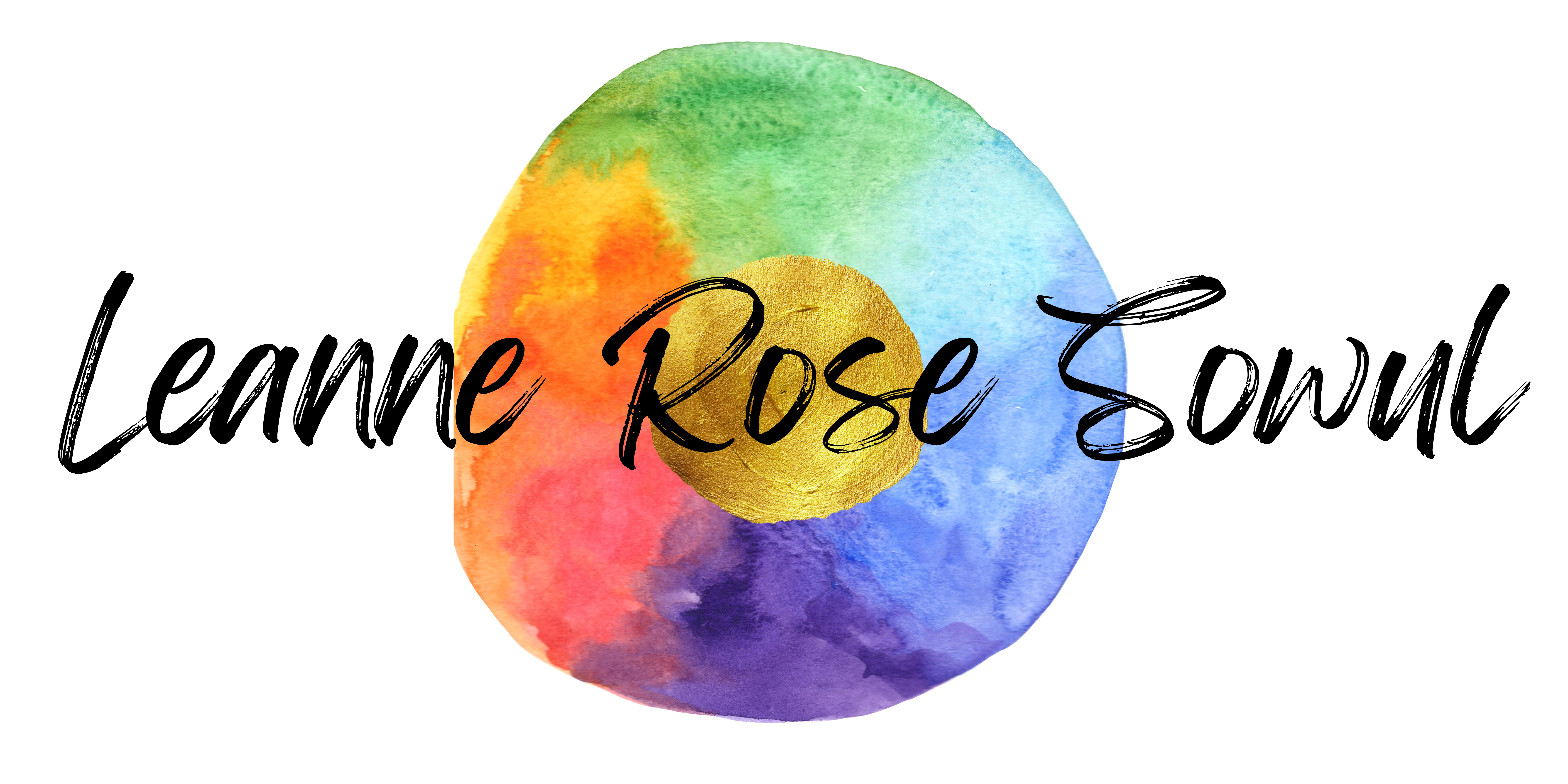The Library of Congress recently released a list of books that they felt had a great impact on the American psyche. They are quick to note that this is not a list of the best American books, but rather ones that sparked debate and forced Americans to think about who we are and how we live. For example, The Common Sense Book of Baby and Child Care, released in 1946 by Benjamin Spock (the famous “Dr. Spock” of the 1950s) changed the way millions of parents perceived their children and parenting techniques. Few would argue that this book be on any Best Books in America list, or even that it’s the best book about child rearing. But there’s no denying the impact it had on the American household at the time. Same goes for Joy of Cooking by Irma Rombauer in 1937.
The complete list is here: Library of Congress: Books That Shaped America
I can’t comment on the impact of most of these books at the time of their release, because I wasn’t alive for most of them. In fact, the only one published after 1990, when I might reasonably expect to remember it, is The Words of Cesar Chavez in 2002, and I don’t remember that being any kind of event at all. That’s not to say that it didn’t impact Americans, it just didn’t impact me. So I have little to say about most of the books on the list. I’d be very interested to hear how people of my parents’ and grandparents’ generation perceive the books on the list, particularly my grandparents’ generation, since many of the books were published between 1930 and 1960. Obviously, no one is around to comment on Upton Sinclair’s The Jungle and Harriet Beecher Stowe’s Uncle Tom’s Cabin, but I think most of us can grasp the impact those two books had on major events in American history.
I have read several of these books myself, but I think I’ll use this list as a reference to read some more. I love American history, and the social impact of books is fascinating. It occurs to me that perhaps the reason that so few of the books on the list are current has little to do with writers themselves, and more to do with the decline of reading in America. Since the 1950s, television shows and movies have reached a far greater audience than books, and probably had more of an impact on the American psyche. I may not remember The Words of Cesar Chavez, but I certainly remember the release of Titanic and the series finales of Seinfeld and Friends. Maybe it’s time we all reminded ourselves of the power of books to change the world. After all, without Betty Friedan’s The Feminine Mystique, would the women’s revolution have truly sparked? Even greater, without Thomas Paine’s Common Sense, would we have celebrated our Independence Day yesterday?
